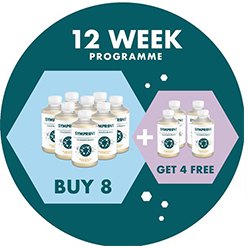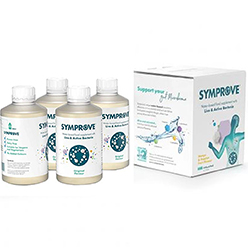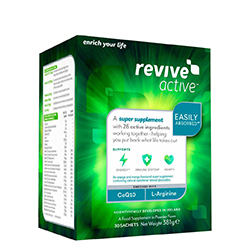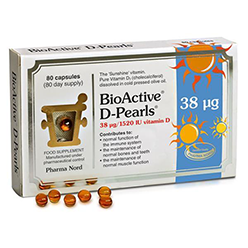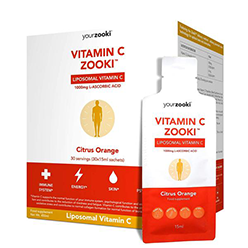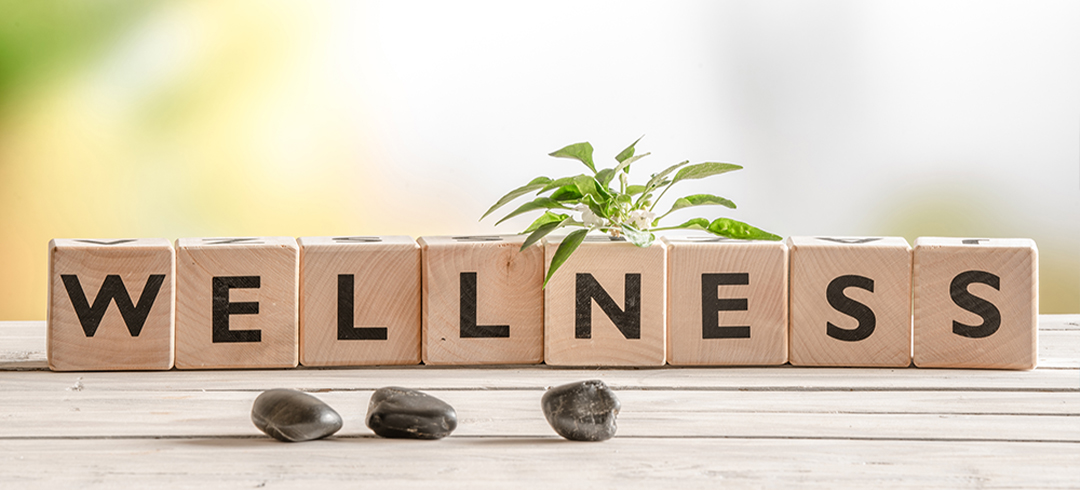
Support your Immune System and Mental Health during these Difficult Times
*Sponsored Partnership with Meaghers
In these uncertain and anxious times, it is vital to look after our physical and mental health. Myself and our team of pharmacists here in Meaghers want to arm you with the information to make the right decisions for your health and wellbeing. Together we have compiled a number of ways in which you can support your immune system and mental health during these difficult times. Every part of your body, including your immune system functions better when protected from environmental assaults and bolstered by healthy-living strategies. Here are some of the ways that you can support your immune system.
‘Keeping your regular routine is vital right now’
The importance of sleep
Keeping your regular routine is vital right now, rising at the same time you normally would and hitting the pillow at the end of the day at a reasonable hour to get enough sleep to maintain that routine is important for your mental and physical health.

While we sleep, the body uses this time to rest and repair. The proteins and cells of your immune system detect and fight off any external aggressors that attack the system. It also enables the immune system to be ready to fight them off in future. Sleep is vital to strengthen your body’s immune response, if you are feeling unwell in any way it is vital to get as much rest as possible.
If you find it difficult to fall asleep a hot bath with a cupful of magnesium flakes in it can sometimes help relax your muscles and aids a more restful sleep. Alternatively you could try using a magnesium oil rub or taking a spoonful of magnesium powder in a hot drink before bed can also aid a restful sleep.
Lighting a candle to relax or reading a book can also switch off a busy mind and will also assist with a more restful sleep. When you hit the pillow a sleep mask that helps to block out light and distractions can aid a more restful sleep.
Exercise is Key
As little as 20 minutes of exercise daily can provide so many benefits for numerous systems in the body, all our systems are linked and our immunity is dependent on these systems working in harmony.
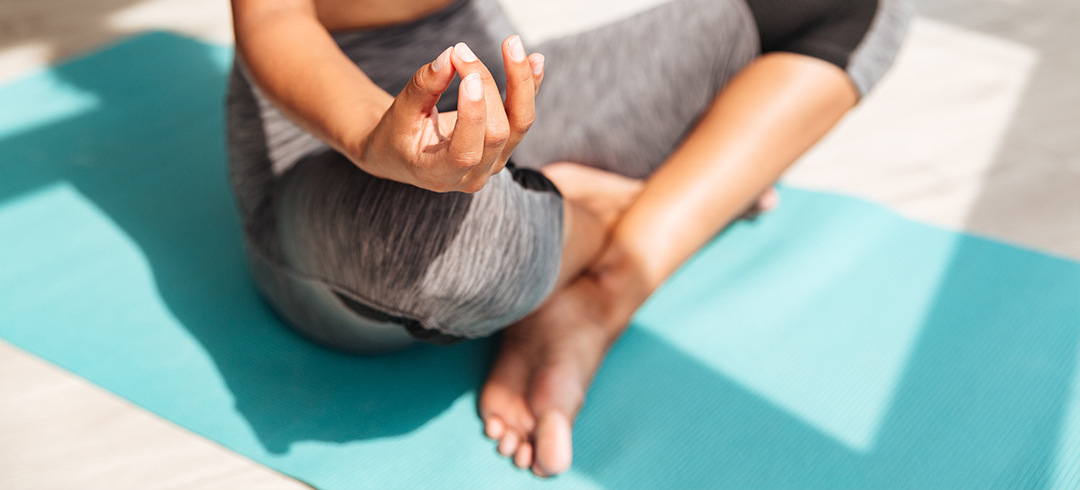
Exercise activates the sympathetic nervous system, a pathway that increases heart rate, blood pressure, and breathing rate. When this happens, hormones are released that help with immunity. Moderate exercise also has an abundance of other health benefits, like controlling hypertension and diabetes and crucially at this time helping control anxiety and stress.
So, get the runners on and get out in the fresh air for a walk or a jog, roll out the yoga mat and get some stretches in or pop on a workout on YouTube and follow the instructions in your living room. Any sort of exercise right now is important and once you keep your distance from others is safe.
Eating a Healthy and Wholesome Diet
When following Public Health Advice and staying at home it can be really tempting to munch on snacks that you might not normally eat! However just like your sleeping pattern it is important that you keep to routine as much as possible when it comes to getting three healthy meals a day.
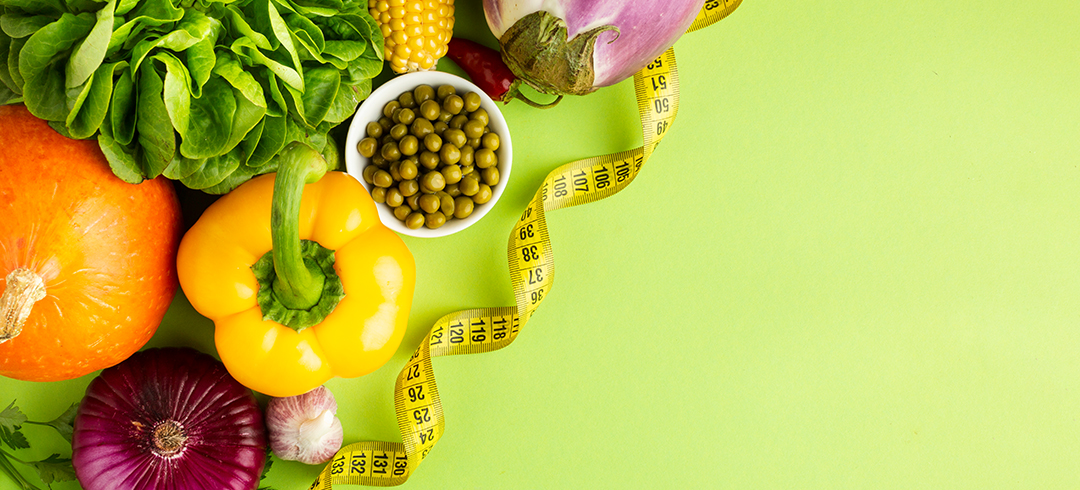
Eating a healthy, balanced diet is key to our immune system working effectively. We need enough energy to make immune cells and our protective enzymes need vitamins and minerals to work effectively.
This means we need to make sure we’re eating all of our body’s requirements for macronutrients, vitamins and minerals, including vitamins C and D, as well as B6, B12 and folate, zinc, copper, iron and selenium, as well as essential amino and essential fatty acids.
So now is not the time to try a restrictive diet or to limit the amount we eat either. Try and get your 5 fruit and Veg a day, ensure your diet is varied one. That you are including carbs, protein, fat, fibre, vitamins, minerals and water. One of the best immune-boosting foods is fruit, due to their high content of polyphenols, especially flavonoids. It is also key to ensure you are eating fibre rich foods to ensure a healthy gut.
For those who have adopted a plant-based diet it is important to keep in mind it may be slightly harder to get iron, for example, and more difficult to get enough B12, in a diet without animal products. For these, and for omega 3 fatty acids, many experts recommend supplementation. We always recommend we get as much goodness as we can from food but sometimes this is not possible and in particular it can be more difficult for those embarking on a Vegan lifestyle as you can be deficient in Vitamin B12, Iron and Calcium that you might ordinarily receive from meat and dairy produce in your diet.
A Healthy Gut Supports your Immune System
A healthy gut can help contribute to a strong immune system, the key to which a healthy diet and fibre, which organisms in the colon feed off. The key to a healthy gut is having a healthy microbiome.
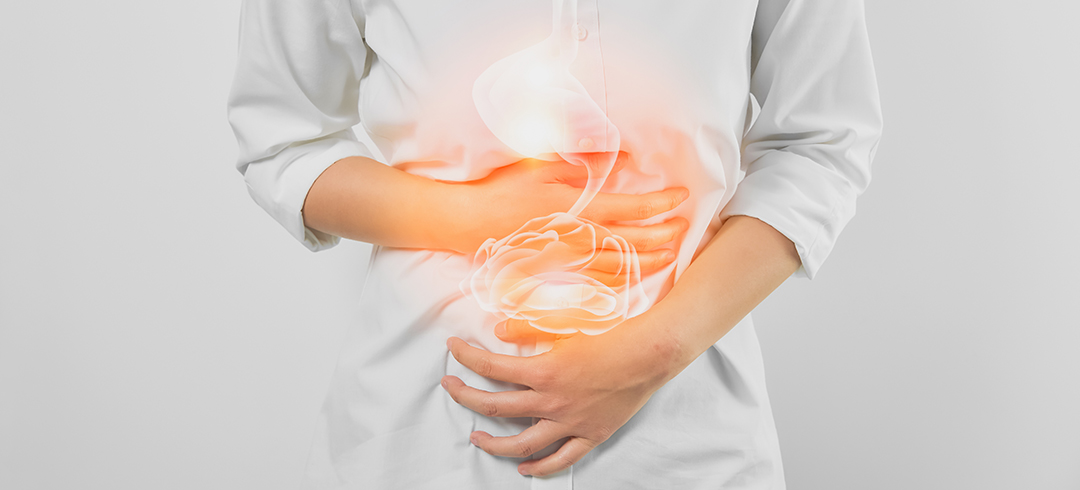
Your microbiome is a massive ecosystem made of up trillions of organisms such as bacteria, yeasts, fungi & viruses that live in your digestive tract. Collectively these weigh up to 2kg – that’s heavier than the average human brain!
All these bacteria mean your gut is almost as diverse and dense as the Amazon rainforest. Scientists are increasingly treating the gut as its own organ, recognising how vital these bacteria are as they break down food and toxins, make vitamins and interact with our immune system.
Although your microbiome is influenced by factors from birth, your actions today can have a big impact on this ecosystem. We need to look after our microbiome to maintain a balance, ensuring a rich biodiversity of organisms, which can positively impact your health and wellbeing.
Diet, the environment, stress and medicines such as antibiotics can all disrupt this balance, undermining the diversity of your gut microbiome.
Good diet, sleep patterns and exercise are thought to have a positive effect on the microbiome and leave us feeling happier and healthier. Modern lifestyles mean we can’t always do everything we’re supposed to restore our balance so often we recommend live bacteria supplements which can help support the gut microbiome.
Vitamin D – The Sunshine Vitamin
Vitamin D is one of many fat-soluble vitamins that the body requires to function correctly. We make this essential vitamin from the skin’s unprotected exposure to sunlight, but it can also be found in certain foods such as eggs, cereal and fatty fish.

Despite being vital for healthy bones and a robust immune system, our more sedentary lifestyles particularly now that we are staying at home and possibly cocooning, have meant that exposure to the sun has dropped dramatically and our processed and specialist diets has meant that supplementation is needed to maintain a healthy level of vitamin D.
What does vitamin D do?
Vitamin D is responsible for a number of functions within the body. It helps regulate calcium, ensuring it enters the bone to maintain healthy bones and teeth. It supports a healthy immune system, protecting the body from illnesses such as the common cold and viruses and it plays a fundamental role in ensuring normal muscle function.
It comes in two major forms, D2 and D3. While both forms can be processed by the body, vitamin D3 occurs naturally within humans and is generally considered the preferred form of supplementation.
Sources of vitamin D
It is naturally found in a number of animal products such as oily fish, eggs, milk, cheeses and beef liver as well as some fortified foods such as cereals and breads.
Did you know… To achieve the minimum recommended daily amount of 400 IU you would need to eat: 8 eggs, 3kg of cheddar cheese or 2 cans of tuna – everyday!
Vitamin D deficiency remains a worldwide issue with around 1 billion people across the globe experiencing inadequate levels and leading Irish doctors have now stated that Vitamin D could have a key role in COVID-19 response http://imj.ie/optimisation-of-vitamin-d-status-for-enhanced-immuno-protection-against-covid-19/
Signs of vitamin D deficiency can manifest in common health conditions such as frequent coughs and colds, tiredness and fatigue, low mood, achy muscles and poor bone and tooth health. So, it’s easy to see why we all need it.
If you suffer from any of these symptoms regularly, it could be a sign that you’re lacking in vitamin D. You can take a Vitamin D in a capsule form or in a spray to be used under the tongue where there is an excellent blood supply for absorption or in a handy capsule or tablet form.
Vitamin C – The Most Powerful Antioxidant
Vitamin C is also known as ascorbic acid. It has several important functions. It’s antioxidant properties protect cells and keeps them healthy.

Vitamin C is necessary for the maintenance of healthy connective tissue, which gives support and structure for other tissue and organs and so plays a critical role in wound healing. It also strengthens your blood vessel walls and so is important for your circulation. It is needed for the production of cartridge, muscle and collagen and so is vital for your body’s healing process and that’s why I always recommend it if your body is healing in any way after surgery or specific treatments.
As an antioxidant it protects your cells against the effects of free radicals. These free radicals are molecules that are produced in your body when it breaks down food, is exposed to smoke, radiation or certain environmental factors. Your body will produce antioxidants to deal with these free radicals but sometimes your body can get an overload of free radicals and this can lead to a phenomenon known as oxidative stress.
This process plays a major part in the development of chronic degenerative diseases in your body such as cancer, autoimmune diseases , cardiovascular diseases, rheumatoid arthritis and the ageing process. As vitamin C is such a powerful antioxidant that is why you will find it in so many skincare serums and creams to combat the ageing process and whilst these skincare products are excellent I firmly believe that taking a supplement and treating your body from within is so much better as your internal organs will benefit as well as your skin.
Vitamin C is found in a wide variety of fruit and vegetables. Good sources include peppers, broccoli, Brussel sprouts, sweet potatoes, oranges and kiwis.
Vitamin C cannot be stored in the body, so you need it in your diet every day
Several cells of the immune system can indeed accumulate vitamin C and need the vitamin to perform their task, especially certain types of white blood cells.
My top pick for getting optimal delivery of Vitamin C into your body is to opt for a liposomal delivery of the vitamin. Liposomal delivery will ensure that the maximum amount of Vitamin C is delivered at a cellular level. Liposomes are little Nano particles of phospholipids or good fats and the Vitamin C is encapsulated within them hence protecting the Vitamin C from the harsh digestive conditions in your intestines. This allows the liposomes to pass through the gut wall and for the optimum delivery of the Vitamin C right into your body’s cells to where it is needed. The phospholipids then dissolve away and are reused in new cell formation. My top ick without question is YourZooki with each sachet containing 1000mg of Vitamin C together with 6.7mg of Vitamin E, another powerful antioxidant:
Our Little Ones…
Children can get all the vitamins and minerals they need from their diet but sometimes this may not always be the case. As parents you can play a large role in helping your kids immunity but as a mother myself I know that this can sometimes be very challenging with some children being fussy eaters or simply refusing to eat particular vegetables or foods.

There are some fundamental guidelines I try to adhere to improve my own children’s immunity.
Try to ensure they have a sleep routine and where possible. Stick to it, try to get them out in the fresh air every day so they can top up their vitamin D, as this is essential for strong, healthy, bones and teeth.
Most importantly make sure they eat a balanced diet as this will provide them with the majority of their vitamins and mineral needs. If you struggle to get them particular vegetables or foods then I would recommending adding a particular supplement to top up what they might be lacking in, or adding an overall supplement to support their diet.
As with adults, it is important that you look after their microbiome and a probiotic is again a great addition to help them break down complex carbohydrates from their diet, release vitamins and minerals from their food and support their immune systems. Symprove is suitable to use in children and you simply adjust the daily dosage depending on their weight, one millilitre per kilogram weight.
DISCOUNT CODE:
Don’t forget, as I am the Brand Ambassador for Meaghers, I have an exclusive Discount Code where you can SAVE 15% off all R.R.P. on their site. Click the link below to get the Code and to see all my favourites from Meaghers.



